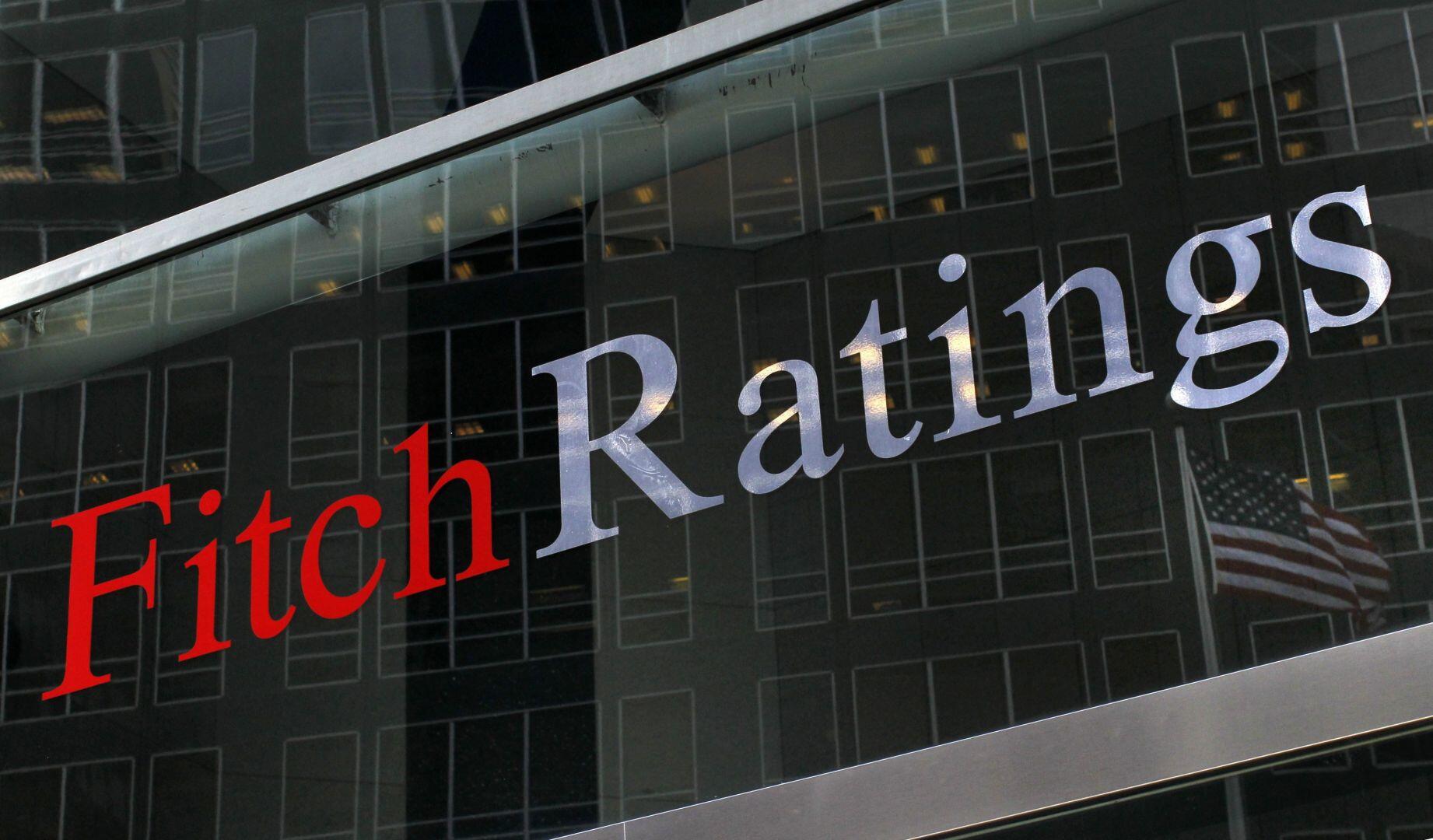Nigeria’s government revenue as a percentage of GDP has been noticeably low in recent years, but it is expected to reach 10.3 percent in 2025 thanks to tax measures that include an increase in value-added tax (VAT).
In a recent assessment, the international credit rating agency Fitch Ratings stated that the government’s efforts to increase non-oil revenues through a series of tax measures were essential to increasing the government’s 9 percent revenue.
It pointed out that the general government revenue to GDP will only slightly improve from 9 percent to 10.3 percent next year, still falling short of the average 19 percent, even with the anticipated VAT increase from 7.5 percent to 10 percent in 2025.
“Fitch sees increasing fiscal revenues—particularly less volatile non-oil revenues—as an important part of the government’s reform goal and a significant consideration for the sovereign’s credit rating, given Nigeria’s extraordinarily low revenue/GDP ratio.”
The report added that, “We anticipate Nigeria’s general government revenue/GDP to average around 10.3% in 2024-2025, even with the VAT rate increase, compared with a median of 19% for sovereigns in the ‘B’ category.”
Nigeria was one of the nations with the lowest revenue-to-GDP ratios in the world in 2021, with a ratio of about 7%.
New data shows progress. In 2023, the general government revenue grew to around 9.4 percent of GDP, while predictions for 2024 and 2025 estimate further increases to 13.5 percent and 13.2 percent respectively.
Notwithstanding these improvements, Nigeria’s revenue-to-GDP ratio is still below than the 15.6% African average. To combat this, the government wants to reduce its reliance on borrowing for public spending by increasing the tax-to-GDP ratio to at least 18 percent over the course of the next three years.
Proposals to simplify the tax system, such as establishing a single tax agency to replace several collection agencies and lowering the number of taxes from more than 60 to eight, are part of the efforts to meet this goal.
However, these tax reforms have sparked intense discussions among political and economic parties, with many believing that the bills will worsen their hardship and drive up costs.
The Senate suspended the amendments due to the growing pressure and controversy surrounding them, allowing for more extensive discussions to address any ambiguities.



